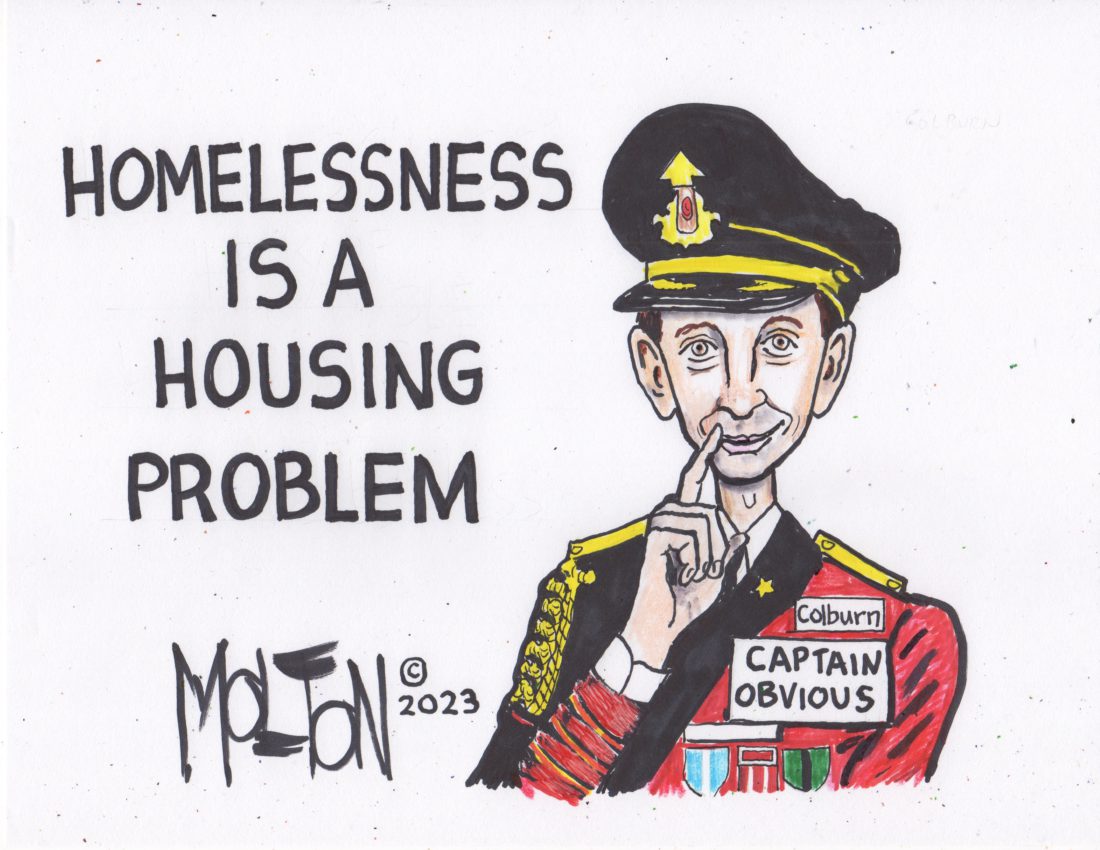You don’t say!


We share your inclination to get the whole story. For the past 25 years, Xpress has been committed to in-depth, balanced reporting about the greater Asheville area. We want everyone to have access to our stories. That’s a big part of why we've never charged for the paper or put up a paywall.
We’re pretty sure that you know journalism faces big challenges these days. Advertising no longer pays the whole cost. Media outlets around the country are asking their readers to chip in. Xpress needs help, too. We hope you’ll consider signing up to be a member of Xpress. For as little as $5 a month — the cost of a craft beer or kombucha — you can help keep local journalism strong. It only takes a moment.
Before you comment
The comments section is here to provide a platform for civil dialogue on the issues we face together as a local community. Xpress is committed to offering this platform for all voices, but when the tone of the discussion gets nasty or strays off topic, we believe many people choose not to participate. Xpress editors are determined to moderate comments to ensure a constructive interchange is maintained. All comments judged not to be in keeping with the spirit of civil discourse will be removed and repeat violators will be banned. See here for our terms of service. Thank you for being part of this effort to promote respectful discussion.
“In Homelessness Is a Housing Problem, Gregg Colburn and Clayton Page Aldern seek to explain the substantial regional variation in rates of homelessness in cities across the United States. In a departure from many analytical approaches, Colburn and Aldern shift their focus from the individual experiencing homelessness to the metropolitan area. Using accessible statistical analysis, they test a range of conventional beliefs about what drives the prevalence of homelessness in a given city—including mental illness, drug use, poverty, weather, generosity of public assistance, and low-income mobility—and find that none explain the regional variation observed across the country. Instead, housing market conditions, such as the cost and availability of rental housing, offer a far more convincing account. With rigor and clarity, Homelessness Is a Housing Problem explores U.S. cities’ diverse experiences with housing precarity and offers policy solutions for unique regional contexts.” https://www.amazon.com/Homelessness-Housing-Problem-Structural-Patterns.
Still think you’re clever, Mr. Cartoon Man?
Wow, overreact to a political cartoon much?
Wow yourself. Many people deny that homelessness is a housing problem, attributing it instead to the personal failings of the homeless or to their medical conditions or to overly generous local benefits, etc. Gregg Colburn is a serious scholar employed by a major university. He has undertaken to resolve the issue scientifically, instead of generalizing (as so many do) from anecdote and personal impressions. To depict him as an idiot is idiotic.
And, by the way, political cartoons are just as serious as political commentaries. The only difference is that political cartoons are worth reading (notwithstanding this one rule-proving exception).